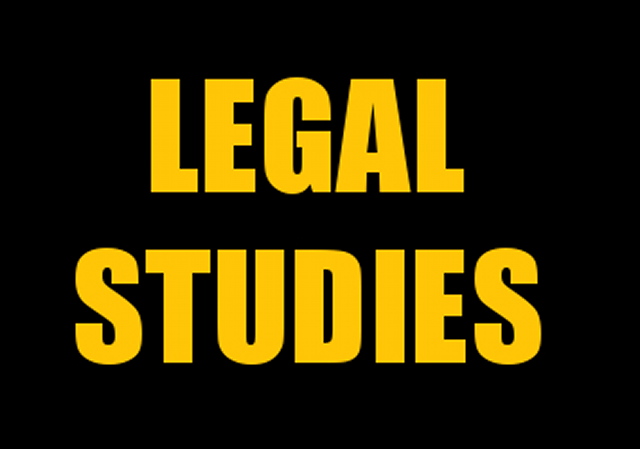Federal Appeals Court Upholds Harvard’s Use of Affirmative Action in Admissions
“group charged that Harvard discriminated against Asian American students in order to boost African American and Hispanic enrollment”

Doesn’t this policy seem outdated at this point? Why does the left cling to it so?
USA Today reports:
Federal appeals court upholds Harvard University’s use of affirmative action policies
A federal appeals court Thursday upheld the use of race in college admissions at Harvard University, a major victory for affirmative action policies that could be headed to the Supreme Court.
The appeals court panel ruled 2-0 that Harvard did not violate federal civil rights law by using race and ethnicity as factors in the admissions process. A federal district judge issued the same ruling last fall.
The case against Harvard, the nation’s oldest institution of higher learning, was brought in 2014 by opponents of affirmative action using the moniker Students for Fair Admissions, the brainchild of conservative legal strategist Edward Blum. In a twist, the group charged that Harvard discriminated against Asian American students in order to boost African American and Hispanic enrollment.
District Judge Allison Burroughs, who was named to the bench by President Barack Obama in 2014, ruled last year that the affirmative action policy “serves a compelling, permissible and substantial interest, and it is necessary and narrowly tailored to achieve diversity and the academic benefits that flow from diversity.”
The U.S. Court of Appeals for the 1st Circuit – working with two rather than the usual three judges on a panel following the death last month of Judge Juan Torruella – ruled that Burroughs did not err in her analysis of the case.
“Harvard’s limited use of race in its admissions process in order to achieve diversity in the period in question is consistent with the requirements of Supreme Court precedent,” Judge Sandra Lynch, who was named to the bench by President Bill Clinton, wrote for the panel. She was joined by Chief Judge Jeffrey Howard, named by President George W. Bush
 DONATE
DONATE
Donations tax deductible
to the full extent allowed by law.








Comments
“Court upholds decision to admit unqualitfied and marginally qualified students because they have racial privilege.
““Harvard’s limited use of race in its admissions process in order to achieve diversity in the period in question is consistent with the requirements of Supreme Court precedent …”
Well, yes, it’s “limited” to determining whether or not you will be admitted.
And, it’s “limited” because they haven’t actually hoisted the “Asians Need Not Apply” banner, as it’s still possible to get Admitted While Asian.
But it’s significantly more difficult than getting admitted if you’re not Asian. And enormously more difficult than getting admitted if you qualify for a racial (or other) preference.
But, hey it’s “limited” because, after all, so long as it’s not a total ban on Asians, isn’t it?
The worst part of this “diversity” discrimination is that colleges routinely apply the same racial preferences in their hiring of faculty members. I was on a faculty hiring committee that was told that our search would be terminated if any of our top three candidates was a white male.
When I complained that this discrimination contradicts our “Nondiscrimination” statement, I was told that the statement doesn’t apply when they are trying to achieve “diversity” in the faculty. I was also pressured to shut up about how the process violated the equal nondiscrimination statement.
The term “diversity” is used for a wide range of discriminatory actions, trying to cover all of them under the principles outlined by SCOTUS. It is time for SCOTUS to close this loophole that allows systemic racism to continue in the colleges and universities.
“Harvard’s limited use of race in its admissions process in order to achieve diversity in the period in question is consistent with the requirements of Supreme Court precedent.”
Except that Supreme Court precedent, on its face, is unconstitutional.